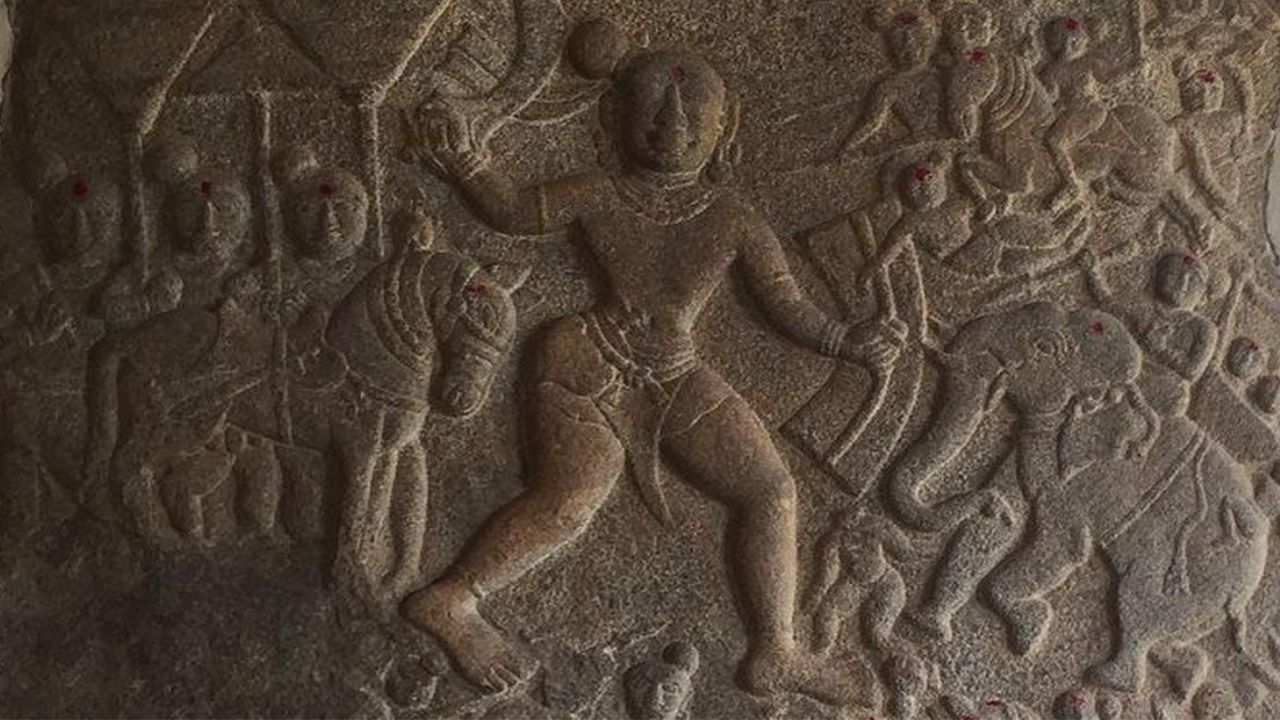Sanity Break #1
“I see rooftops as being streets in the sky,” says Madhu Gopal Rao—whose remarkable photographs capture the connection and solace
they offer in the midst of an isolating pandemic. You can browse the entire collection over at his , or read about it on .
![Sanity Break #1]()
Headlines that matter
OXFORD VACCINE FACES INCREASING QUESTIONS
When AstraZeneca released the vaccine’s results, they were a bit odd. The vaccine was only 62% effective when participants
received two full doses—but 90% when the first jab was a half dose, followed by a full dose. All of which the company clubbed
together, and declared the vaccine to have 70% efficacy.
The mistake: The medical community is crying foul for several reasons. AstraZeneca admits that the half dose was administered to
3,000 participants by mistake. The mistake: A “difference in the manufacturing process”—which doesn’t inspire confidence in either
vaccine or the trials themselves. Also, this error may disqualify the data. India’s leading virologist Gagandeep Kang : “We have
to see how much of this data (from the low-dose group) is potentially usable for regulatory submissions in the strictest sense,
because, my understanding is you cannot use data that is not specified in the protocol.”
The response: Serum of Institute of India—which will manufacture the vaccine for India : “Even though the lowest efficacy results
are at 60-70%, it is a viable vaccine against the virus. That said, varied age groups with different dosage forms will result in
slight variations and efficacy. We must be patient and not panic.” AstraZeneca to conduct a fresh global trial to test the lower
dosage. Read via The Telegraph on the pushback against the vaccine. has more on the dosing error. has a long piece raising
multiple questions about its methodology and results. Read our on the Oxford vaccine.
IN OTHER PANDEMIC-RELATED NEWS:
* The latest nation-wide shows that 7% of India’s population was exposed to the virus by August—that is 74.3 million infections.
Our official case count as of today: 9,309,871.
* The government’s Chief Scientific Adviser the ‘first wave’ of vaccinations will be administered to 30 crore people between
March and May. The target: health care workers, police personnel, those above 50 and those younger with underlying illnesses.
* Canada may not be as lucky. PM Justin Trudeau Canadians that they will get the vaccine later than other countries—including the
US and Mexico—as it “no longer has any domestic production capacity for vaccines.”
* Pakistan’s upcoming cricket tour of New Zealand has been thrown into total chaos after six of its team members tested positive.
The entire team tested negative when they arrived on November 24. According to NZ authorities, two of the six results were
“historical” infections while four are new. has more on this mess.
* International flights to and from India have been till December 31. OTOH, when they do resume, folks in Bangalore can to San
Francisco twice a week courtesy Air India. It will be the airline’s longest route.
* : Next year’s ISC and ICSE board exams. Authorities have not given a date but indicated they will not be held “before the end
of May or in June.”
* On a lighter note, the BJP is fielding a candidate in the upcoming Kerala elections named Corona Thomas. Watch her campaign .
TWO IMPORTANT STUDIES ON INDIA
One: New research confirms what many of us already know: Dalit women have received zero relief from India’s stricter rape laws. A
study of 40 rape cases in North India showed that only 10% led to conviction. In 60% of the cases, the survivor withdrew her case
and accepted a “compromise” settlement imposed by Khap panchayats. Also this: “In almost 90% of cases, at least one of the accused
was from a dominant caste, with men often acting in groups to carry out gang-rape and murder.” ()
Two: While all the attention is focused on Delhi and other northern states, a new study shows that air pollution levels are rising
faster in the south and east. Also, a piece of data that rarely gets attention: pollution levels in rural India is now at par with
the cities. ()
REMEMBERING MARADONA
Argentina is in of national mourning. Thousands of fans—most of them in tears— the streets to mourn the demise of the football
legend. His professional ‘home town’ Naples announced plans its stadium after him. In the deluge of tributes, two things caught
our eye: demonstrating Maradona’s legendary skills on TV. And this wonderful that went viral:
FOUR FUN FRIDAY THINGS
One: Thai authorities proudly unveiled a $1 billion bust of ketamine—a popular party drug. Sadly, tests now show that all they
have is 11.5 tonnes of a harmless cleaning agent. The country’s justice minister is blaming it on a “technical error.” ()
Two: Netflix just dropped the full-length trailer for ‘’—the highly anticipated high school musical starring Meryl Streep, James
Corden and Nicole Kidman. It looks like serious campy fun—and will be available for your viewing pleasure starting December 11.
Question: Is James Corden the new Nathan Lane?
Three: This is the world’s most , and it costs $7 million:
> "Crafted from semi-shiny alligator skin, the handbag is adorned with 10 white gold butterflies, four of which are decorated with
> diamonds and three with sapphires and rare paraiba tourmalines, totalling over 130 carats. It also features a diamond pavé
> clasp."
Before you pooh-pooh such insane extravagance, know that its was inspired by the ocean—and the brand will donate $950,912 of each
of the three bags sold to causes dedicated to fighting plastic pollution in our seas.
Four: ‘’ has beaten ‘Introducing the Medieval Ass’ to win the prize for oddest book title of the year.

Sanity Break #2
Each year, the animal rights ‘Foundation 30 Millions D’Amis’ (30 million friends) puts out a to raise awareness about
100,000-200,000 pets who are abandoned in France each year. In this one, the dog is never abandoned, and yet the point it makes is
so powerful and moving, it made us teary-eyed. FYI: has pulled together a number of this foundation’s ads, and they are totally
worth checking out—as is his analysis.
![Sanity Break #2]()
Weekend advisory
A LIST OF GOOD READS
Three historical culture reads:
* traces the roots of Zoom backgrounds to19th century portrait photography. (Sadly, there is no mention of more recent examples
such as cheesy 20th century Indian wedding photography).
* We enjoyed browsing through round-up of the Buddhist temples of Kolkata.
* looks at medieval penis investigators who were employed by courts to decide divorce cases. The reason: impotence was one of the
few legitimate grounds of divorce. Brace yourself for a raunchy and hilarious read.
Two trend-spotting reads: charts the peculiar spike in protein inflation—as in egg, fish, dal and meat—and the accompanying hidden
rise of protein deficiency. looks at the growing mental health crisis among journalists—and why it affects all of us.
Three big picture Covid reads:
* on why vaccination is way better than infection as a path to immunity.
* Is the pandemic a sign that we’ve breached a civilisational tipping point? certainly thinks so.
* looks at the conundrum of deciding who gets the vaccination first. Answer: it depends if you want to first prevent deaths or
limit the spread.
Four very useful reads
* Is cheese bad for you? consults five nutritionists in search of good answers. OTOH, we are way too addicted to care.
* has an excellent read on how to find gratitude in challenging times. It’s the kind of thing that is easy to say, but this one
explains how to do it.
* Opt to watch something entirely different this weekend: animal cams. A very good reason: They will actually improve your mental
health unlike a trashy flick. Anita Rao Kashi in the explains why and offers an excellent ‘best of’ list.
* Not a read but very useful: You do not need to understand Marathi to benefit from this on how to protect yourself from ATM
fraud.









